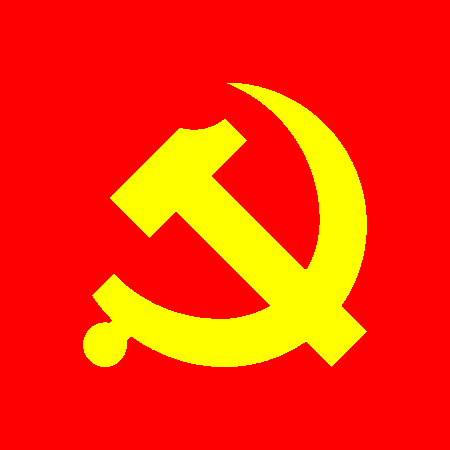I hate the random use of Dr. Manhattan Bobby Hill attached to this message, but at least it’s not made by AI.
I keep telling people we don’t need to strive for post-scarcity, we’ve already had it for a full century. We just need to eliminate the hierarchy that keep us from enjoying it.
It’s not strictly hierarchy but class relations that stand in the way, IMO. Hierarchy is a natural consequence of increasingly complex production, but that does not mean we cannot push for a classless formation of society by learning and mastering the mechanics of centralization so as to be more democratic and equitable.
Social classes are a quintessential form of hierarchy. Also, hierarchy is not really a natural phenomenon (There are limited scenarios in nature that humans like to describe as such, but they generally don’t meet the same criteria as human social hierarchy). And it doesn’t necessarily emerge from increasingly complex production, the other way around really, it has been the organizational scheme that enabled much of our complex production (Especially if that complex production required human exploitation or coercion at any point, as hierarchy is most useful as a way to get people to participate in things that are against their own interests).
Classes are a form of hierarchy, but hierarchy exists within classes, not just between them, and this isn’t necessarily a bad thing. Managers are proletarians too, and fulfill necessary roles in production. The necessity of direction as large industry emerges and gains increasinly complex supply chains and machinery necessitates management and direction.
This is why for Marxists, Communism is a fully publicly owned and planned economy, not a decentralized network of communes and cooperatives.
Right, assuming you want increasingly complex machinery and supply chains predicated on a framework of institutional hierarchy that necessarily recreates individual concentrations of power. That’s like, the largest issue with unenaxmined Marxism that most contemporary Marxists and other communists have with it.
If you’re using “contemporary” to refer to the majority of modern Marxists globally, it’s the opposite. Tossing aside the improvement of production as both a natural and necessary process tosses aside some of the core foundations of Marxism. I want to know what you consider to be “comtemporary” and what you consider to be “unexamined.”
What the vast majority of Marxists believe is that hierarchy isn’t necessarily a good thing or bad thing, but can be done in good and bad ways. Moreover, Marxists believe it is necessary to have full centralization of the Means of Production into the public sphere in the long run, not decentralized networks of cooperatives or communes, as these only really replicate petite bourgeois relations and leave open the path to competition and Capitalism.
Fundamentally, to rapidly build up the productive forces so that everyone’s wants and needs are met with as little labor as necessary, we must stick to being an interconnected, global economy, and must do our best to understand the laws of centralization so as to make this global system democratic and equitable.
OK so you don’t think hierarchy is a barrier to actualizing post-scarcity, while I definitely do. Doesn’t sound like we’re moving each other off our respective stances.
I am a Marxist, not an Anarchist, so I am more concerned with class than hierarchy, and believe centralization is both natural and necessary, and therefore should be studied so as to be as democratic and equitable as possible. There isn’t really a Marxist reason to reject all hierarchy, given that management and direction are necessary instruments of large-industry, itself the mechanism by which post-scarcity can be achieved to begin with.
Over time, it’s possible technology will get rid of some of this necessary hierarchy, and habit and tradition replace firm structures, but that’s a long way away and thus less important to discuss.
deleted by creator
Damnit Bobby





